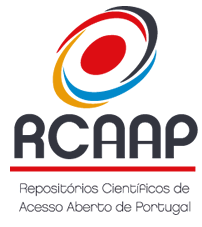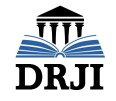Who are the distance graduates in non-metropolitan regions of Brazil? A case study in the distance management course of the Federal University of Santa Catarina
DOI:
https://doi.org/10.5433/1679-0383.2017v38n1p81Keywords:
Graduates profile, Distance education, Open University.Abstract
The following study aims to analyze the graduates characteristics in Brazilian non-metropolitan regions. In order to achieve this objective, it was defined as study object, the management distance education course of Federal University of Santa Catarina, in the inner cities of Rio Grande do Sul and Santa Catarina. Regarding the methodological procedures, this research was classified as a survey and used quantitative data. For data gathering, the questionnaire tool was used and the analysis was done with descriptive statistics data. As main results, it was verified that the distance education students have distinct characteristics comparing with classroom academics, being formed by people with more advanced family and occupation conditions. Another issue to be emphasized is that, for most of the students that was the first time in a university. These data give indications that distance education fulfills, in this context, the function to get an audience that, for different reasons, cannot access higher education, and thus, can contribute to the development in the countryside.Downloads
Downloads
Published
How to Cite
Issue
Section
License
Semina: Ciências Sociais e Humanas adopts the CC-BY-NC license for its publications, the copyright being held by the author, in cases of republication we recommend that authors indicate first publication in this journal.
This license allows you to copy and redistribute the material in any medium or format, remix, transform and develop the material, as long as it is not for commercial purposes. And due credit must be given to the creator.
The opinions expressed by the authors of the articles are their sole responsibility.
The magazine reserves the right to make normative, orthographic and grammatical changes to the originals in order to maintain the cultured standard of the language and the credibility of the vehicle. However, it will respect the writing style of the authors. Changes, corrections or suggestions of a conceptual nature will be sent to the authors when necessary.

















